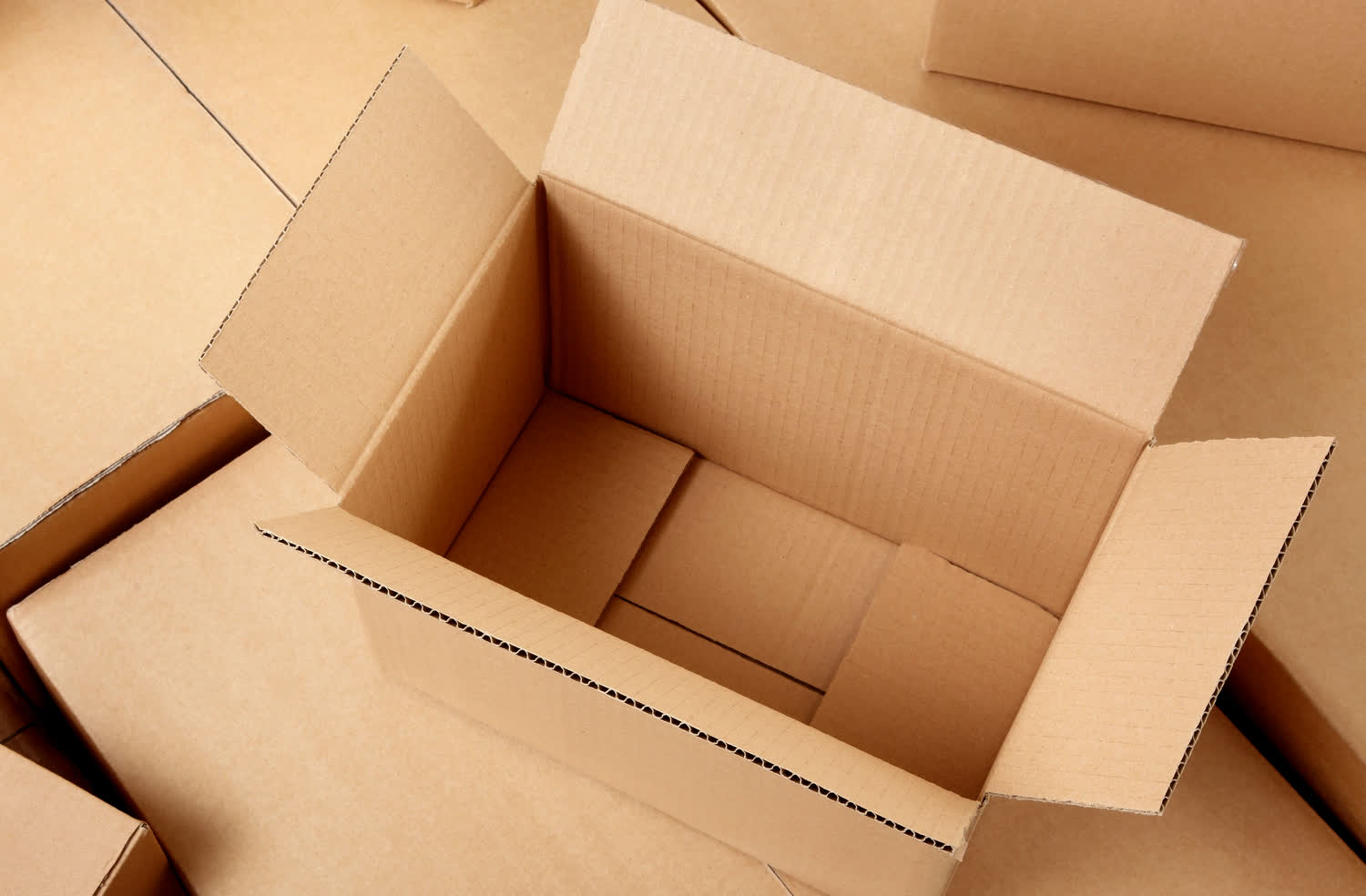Forward-looking: The Covid-19 pandemic exposed flaws in the just-in-time inventory management method. Looking ahead, we suspect supply chains will do a better job of holding inventory to avoid repeating this mistake again in the future.

Don’t look now, but yet another staple of modern society is in short supply as we head into the holidays. NBC News reports that much like computer chips, packaging materials made out of paper, plastic and cardboard are in short supply, and prices have skyrocketed.
Andrew Hogenson, the global managing partner of consumer goods, retail and logistics at Infosys Consulting, said it all comes down to supply and demand. In this instance, you have a constrained amount of supply of raw materials and an increase in demand.
How did we get here, you ask?

It’s a chain reaction, really, that started with the Covid-19 lockdown orders last year which slowed production at manufacturing facilities. People also modified their shopping behaviors, ordering more products online in an effort to avoid interacting with others in public. This only pushed the demand for packaging and shipping materials higher.
And lest we forget the winter storm that hit Texas back in February, shutting down production of plastics used as shipping materials. This prompted shippers to increasingly turn to alternatives like cardboard and paper, putting even further strain on the supply chain. Then there's the shipping bottleneck, slowing the import of goods like paper pulp from China.
Hogenson believes this holiday season is going to be an eye-opener for everyone.
Image credit Tania Melnyczuk